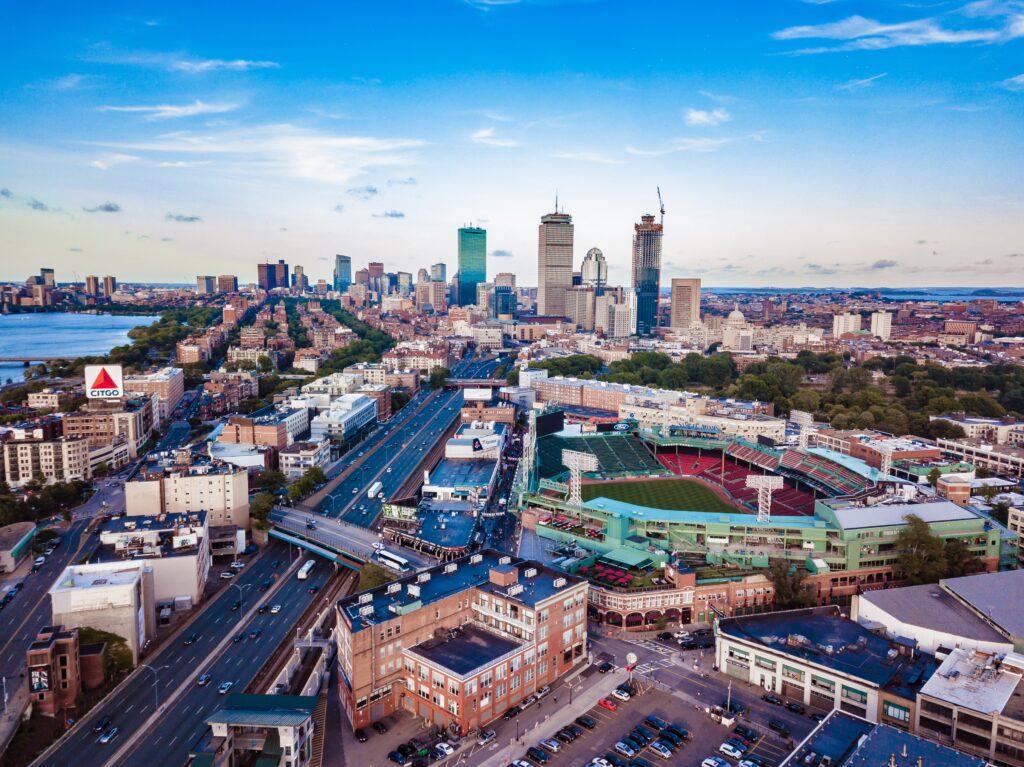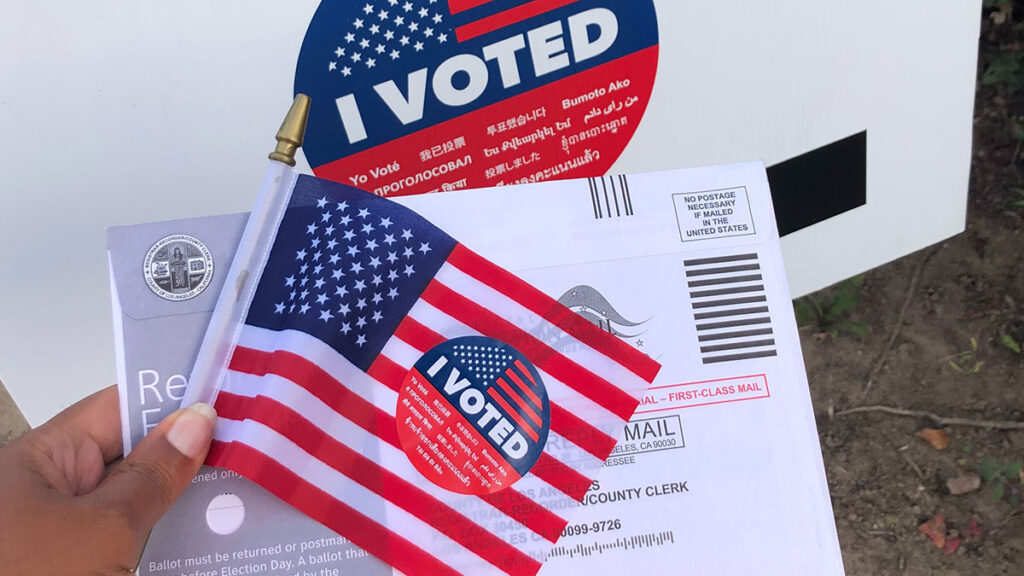The Most Politically Engaged States in the U.S.
If you live in the US, there’s no way you can miss the barrage of political ads on TV to the interwebs. And so, we thought it would be interesting to share WalletHub’s research that reveals the most politically engaged states in the U.S.
According to the personal-finance website, only 66.8 percent of the voting-age population voted in 2020 for the presidential election and 53.4 percent voted for the 2018 midterm elections. But to determine where Americans are most involved in politics, WalletHub compared the 50 states based on 10 key indicators of political engagement, which range from the percentage of registered voters in the 2020 presidential election to the total political contributions per adult population.
It looks like Maryland, New Jersey, Virginia, Washington, and Oregon are the politically motivated states; whereas the least politically engaged states Nebraska, South Dakota, Alabama, West Virginia, and Arkansas round out the bottom of the list.

So, why are some states more politically engaged than others? Alison Johnston, Associate Professor at Oregon State University, Alison Johnston said there are several reasons, including a correlation between education and income with high voter turnout.
“So, states, where a greater proportion of people have college degrees and higher incomes (i.e., Massachusetts, Minnesota, etc.), will tend to have higher voter turnout rates,” said Johnston. “The ease of voting also helps. States where voting by mail is possible and where someone can register to vote close to election time will have fewer barriers in the way for people to vote, which should cause turnout rates to rise.”
And when asked which states would have a high voter turnout this election year, political experts echoed the same sentiment as Johnston. Professor Robert G. Boatright at Clark University said, “The states that usually have high turnout – wealthier and better-educated states such as Massachusetts, Connecticut, Minnesota, and Colorado – will continue to have high turnout. Some states with competitive statewide races – places like Georgia or Pennsylvania – may also be places where one or both parties are successful in getting voters to turn out.”
Some highlights from WalletHub’s report are:
- New Jersey has the highest share of citizens who actually voted in the 2020 presidential election, 78.30 percent, which is 1.5 times higher than in Arkansas, where the percentage is lowest at 54.00 percent.
- Maine has the highest share of citizens who actually voted in the 2018 midterm elections, 65.60 percent, which is 1.5 times higher than in Arkansas, where the percentage is lowest at 42.60 percent.
- There is a 0.7 correlation between the overall ranking of the states for political engagement and the level of education in each state (measured as the percentage of the population with at least a bachelor’s degree).
- Blue states (Democrat) are more politically engaged, with an average ranking of 15.76, compared with 35.24 for Red states (Republican). *1 = Best

With all this information, hopefully, people will be able to encourage people to vote even though it’s a midterm election. But Professor Daniel Aldrich, the director of the Security and Resilience Studies Program at Northeastern University, believes there are a few strategies that can help stimulate engagement.
“To encourage people to vote, there are several things authorities can do: 1) Make election days national holidays so that people don’t have to choose between paying bills and civic engagement; 2) drop vote ID laws and follow the example of states like Massachusetts which make it easier to participate; 3) provide transportation to polling stations from high-density areas; 4) encourage more young people and minorities to run for office so that voters will feel their interests are being represented in political institutions.”
Well, regardless of whom you vote for – hopefully, someone who protects LGBTQ+ rights – we encourage you to exercise your right to vote EVERY election year!
Visit WalletHub’s website to view the full report and your state’s ranking.


